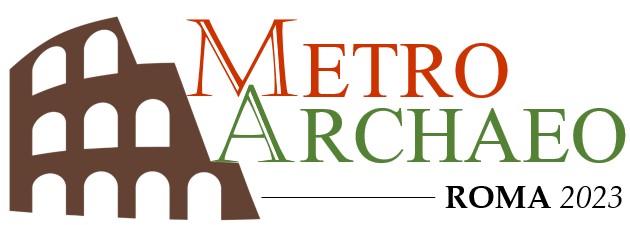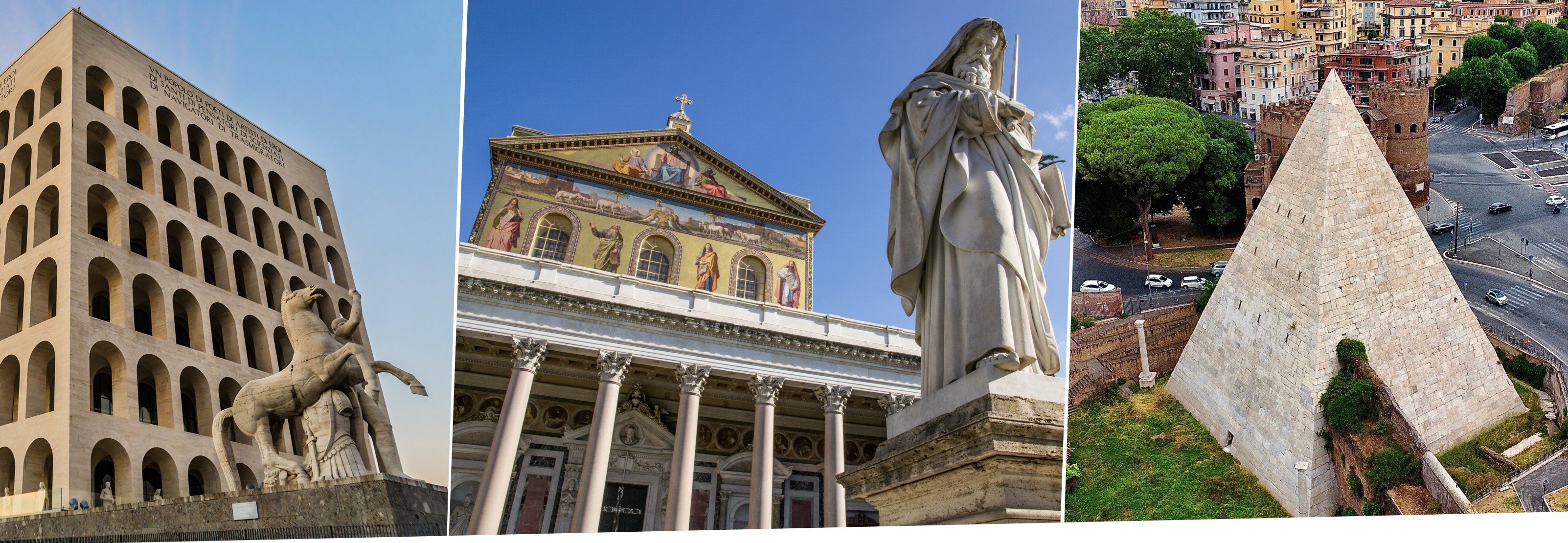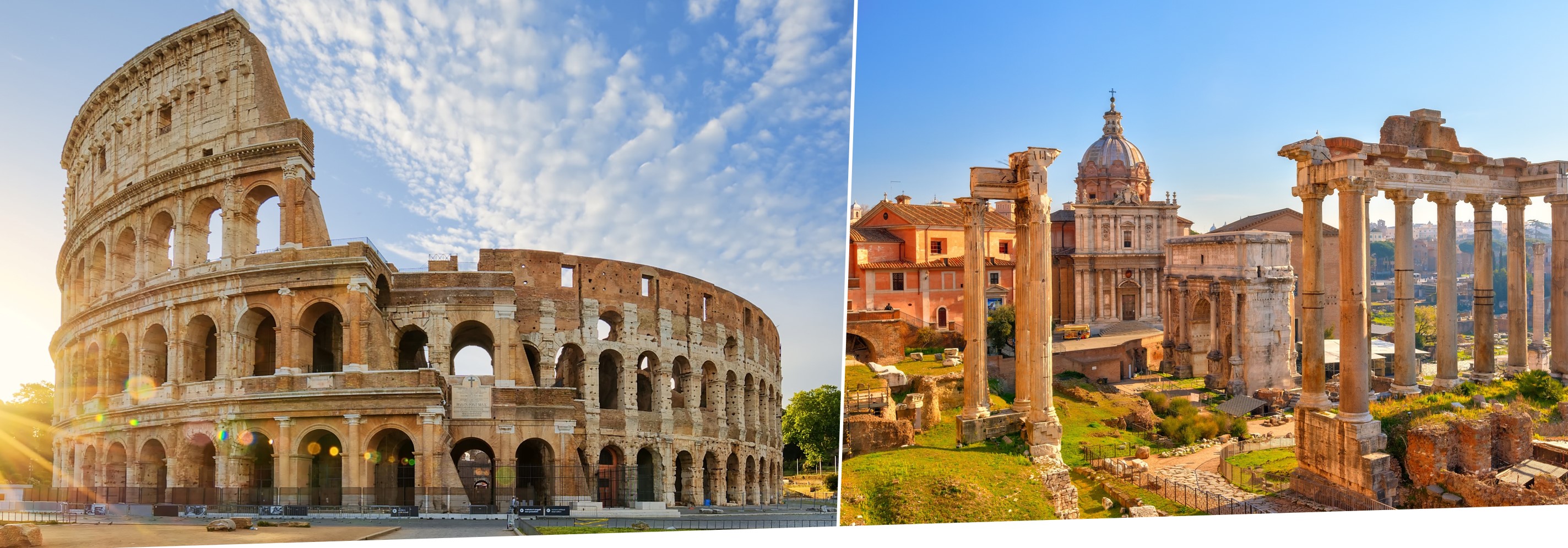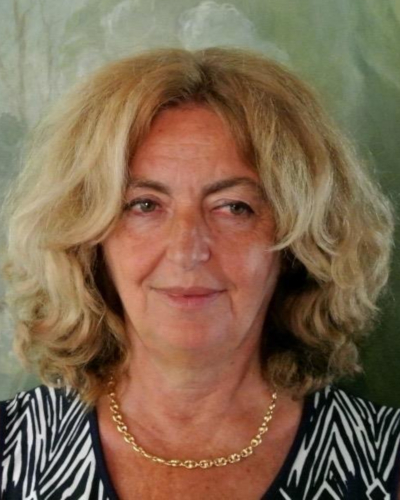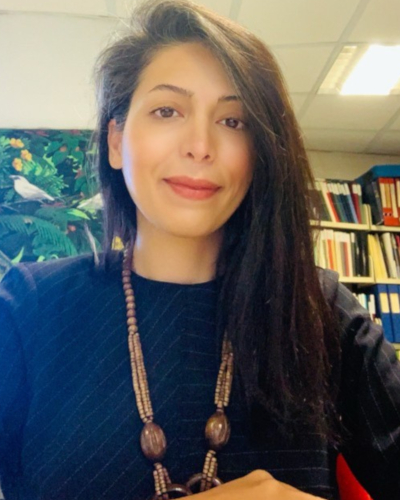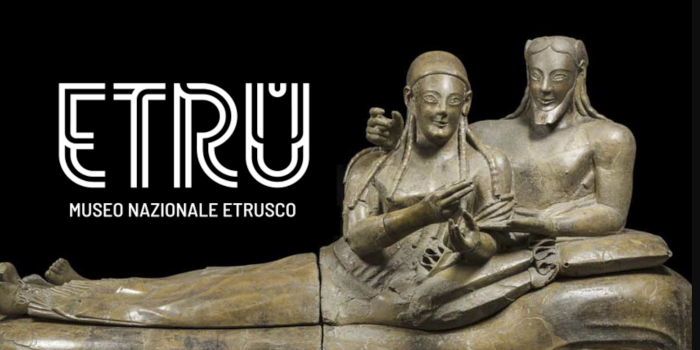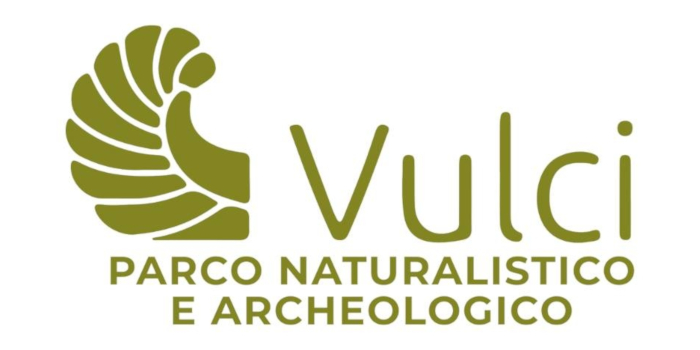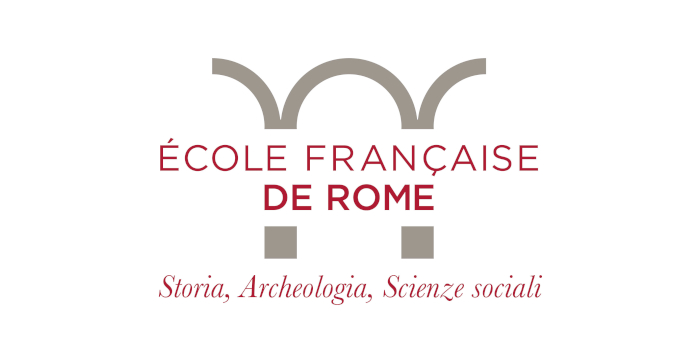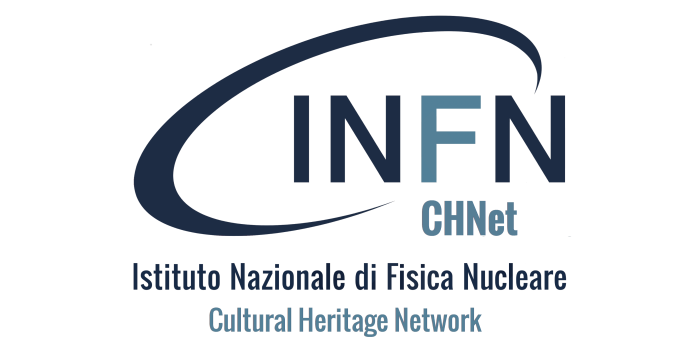SPECIAL SESSION #5
Historical gardens and archaeological landscape: knowledge and valorization
ORGANIZED BY
Giulia Caneva
University of Roma Tre, Italy
Seyedh Zohreh Hosseini
University of Roma Tre, Italy
Flavia Bartoli
Istituto di Scienze del Patrimonio Culturale, CNR, Italy
ABSTRACT
Historical gardens play a significant role in preserving the long history of gardening. As well, archaeological sites illustrate human-nature integration with monuments that should be identified, protected, and valorized to the wider public. Considering that gardens constantly change during their lifetime, the garden changes throughout time (due to abandonment or changing ownership), as well as specific connections between architecture, natural and human-made landscapes, and other areas of arts and literature, are the fundamental step for valorization. The aim is to enhance its readability, authenticity, and identity. Furthermore, comprehensive knowledge of both natural features (climate, land, and plants) and cultural aspects (historical period, ideology behind the garden construction, and functional design) should be provided. In providing the original sense of the place, modern technologies are becoming very useful, and have resulted in an increasing topic of research and application.
MAIN TOPICS
- Knowledge and interpretation of historical gardens and archaeological landscape
- Human-nature relationship in valorizing archaeological landscape
- Approach to restoration, valorization, and revitalization of historical garden
- Modern technologies in the garden valorization
- Promoting and protecting historical gardens and archaeological landscape
- Cultural aspects of the historical garden through art, literature, and ideology
- Natural features and values of historical gardens and archaeological landscape
ABOUT THE ORGANIZERS
Giulia Caneva - Full Professor of Botany and Plant Ecology at the Department of Science of the University Roma Tre. Author of about 300 national and international publications and of 24 books in the field of the Mediterranean vegetation and of plant biology applied to the conservation and enhancement of works of art. She has a wide international training activity, and she was involved and coordinated several projects related to cultural heritage in many sites of Italy, and in other countries, such as: Moen-jo-daro (Pakistan), Copàn (Honduras), Joya de Ceren (El Salvador), Martvilli (Georgia), Chengde (China), Angkor (Cambodia), Bali (Indonesia), Mrauk (Myanmar); Uzmulu (Cappadocia, Turkey), Pasargade (Iran); Imperial tombs (Korea). She was the winner of some national and international awards, such as the Grand Prix of Europa Nostra- European Community for Cultural heritage in 2012 in the category Research.
Seyedh Zohreh Hosseini - Ph.D, specialized in biodeterioration and biodegradation of cultural heritage, cultural and natural landscape, and conservation of historical gardens. Experienced in various World Heritage sites and archaeological areas that provide a holistic perspective on historical, cultural, and natural aspects of heritage. Collaborating in numerous research projects and training activities. The area of interest is the valorization of ancient gardens, cultural landscape, and conservation of the natural value of archaeological areas.
